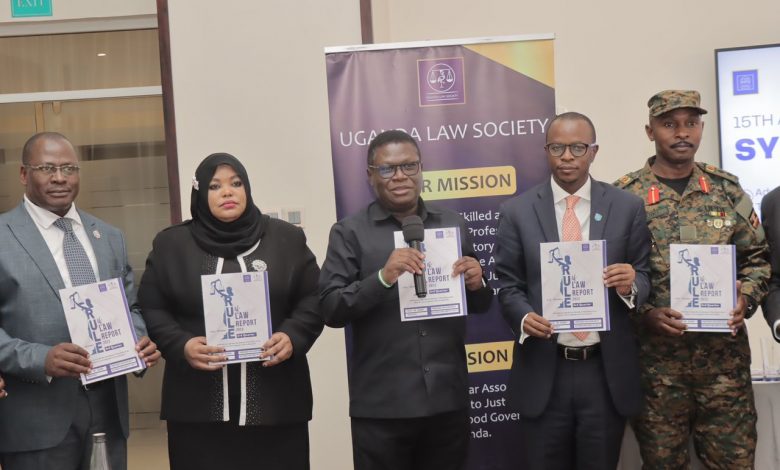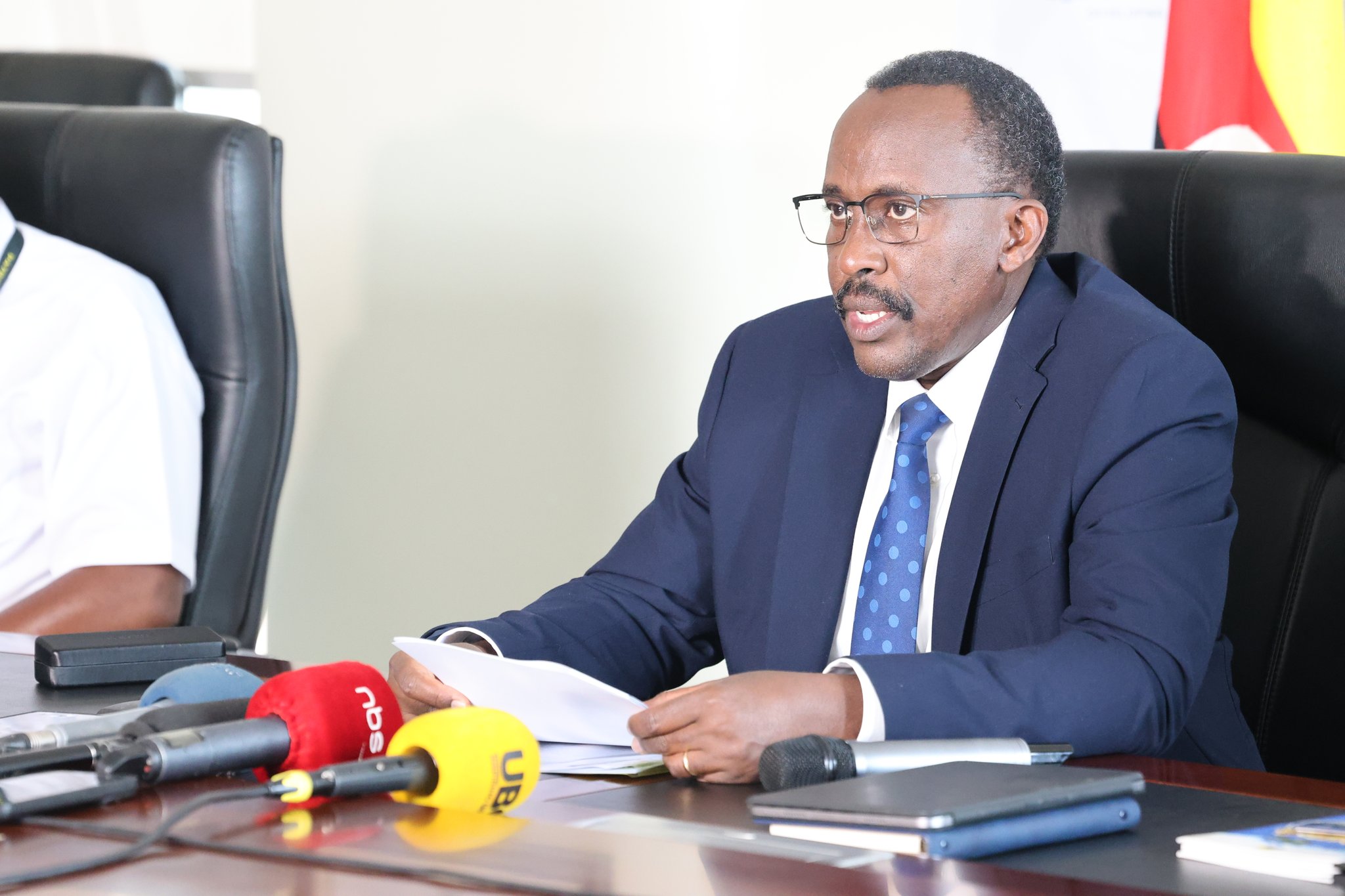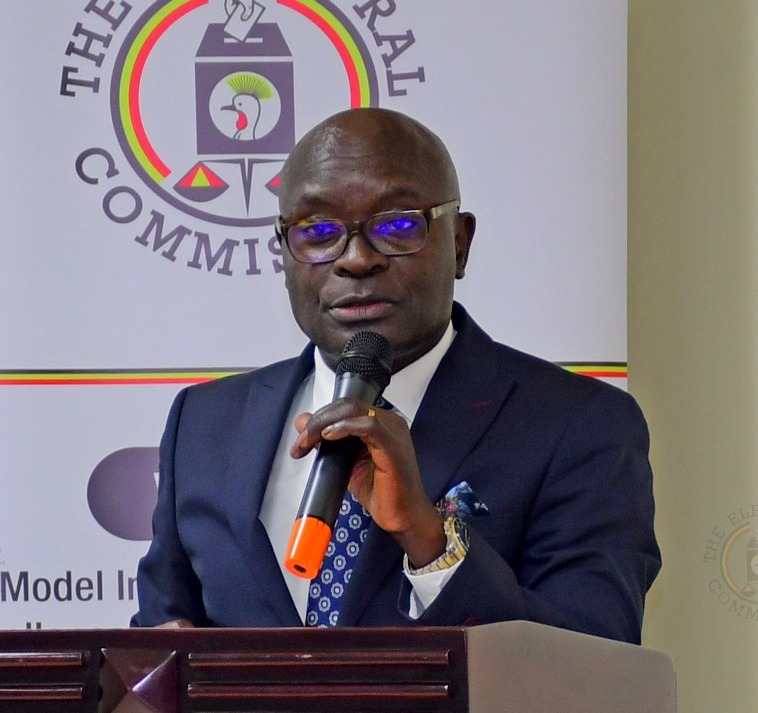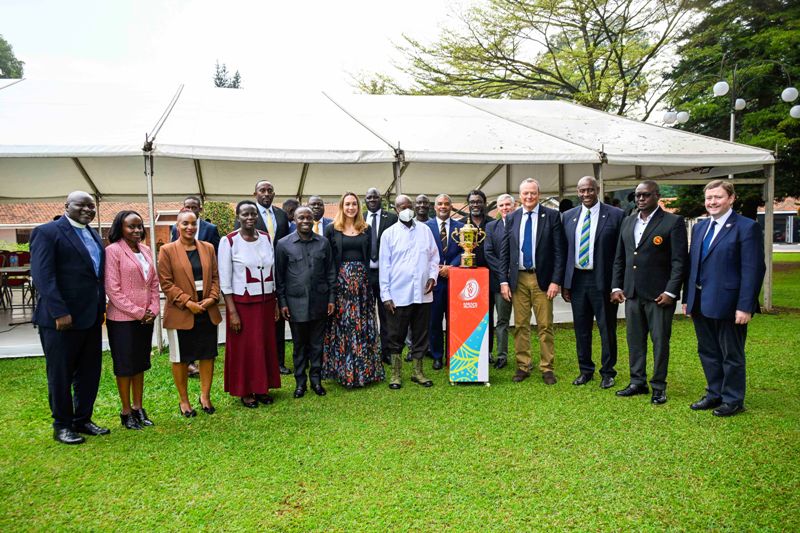Don’t demonize government, Nobert Mao tells opposition politicians
The report offers a bird’s eye view of the general governance landscape in Uganda thereby presenting vital information and tools for the prudent policy/lawmaker, administrative officer, advocate, or civil society activist to effect meaningful change.

The Justice and Constitutional Affairs minister, Nobert Mao urged the opposition to desist from acts of demonizing the government and other players because it is not the best solution for regime change.
Mao, who is the President General of Democratic Party (DP), an opposition political party, explained that demonizing governmetn instead creates a toxic environment for the rule of law to prevail.
“Regardless of one’s affiliation, leaders should focus on holding constructive engagements with the state if their agenda is regime change. The same constitution that gives people a right to speak and express their opinions is the same law that protects those being abused by our colleagues in opposition. How will some people advocate the rule of law while addressing legitimately elected leaders like Juntas? Uganda is for all of us, we have to focus on things that unite us as one person.”
Mao was recently speaking at Tulip Hotel in Kampala during the launch of its third quarterly Rule of Law Report by Uganda Law Society (ULS). This was during the 15th Annual Rule of Law symposium.
A former leading opposition leader, Mao now in a marriage of convenience with the ruling National Resistance Movement (NRM), said government is committed to uphold the role of law in the land.
He noted that the government is working tirelessly to ensure effective service delivery to Ugandans such as increasing the number of judges in at least the high court, and court of appeal as well as recruiting magistrates in every constituency of Uganda.
The report by Uganda Law Society highlights the state of the Rule of Law within the country and the different interventions ULS has taken to uphold the rule of law.
Rule of Law is a fundamental constitutional principle that emphasizes the importance of a just, fair, and orderly society governed by laws. It establishes that all individuals and entities, including governments and institutions, are subject to and accountable under the law.
The rule of law implies that laws are clear, transparent, and applied consistently, ensuring that no one is above the law and that everyone is treated equally and fairly.
Bernard Oundo, the President of Uganda Law Society, called for resilience among the different stakeholders since achieving an ideal state of Rule of Law in our society is a gradual and often painstaking process, but the rewards are infinitely worth the effort put in.
Oundo said this Rule of Law Report aims to inspire collaborative efforts toward a more just, equitable, and accountable society where the rule of law prevails for the benefit of all citizens.
“These Quarterly Reports are not only a means of determining what more needs to be done as we continue the good fight but are also a chance to take measure of hard-won gains and thereby replenish our source of inspiration.” Oundo said.
He noted that this 3rd Quarterly Report for the year 2023 covers the July to October period, comprehensively analyzing critical events and issues including the appointment of new judicial officers, the introduction and passage of new legislation, reports on cases of human rights violations, the empaneling of commissions of inquiry to investigate disputes of wide importance, the rising cases of enforced disappearances, violation of the rights of journalists, and general reports on the state of governance and the Rule of Law in Uganda.
“This report offers a bird’s eye view of the general governance landscape in Uganda thereby presenting vital information and tools for the prudent policy/lawmaker, administrative officer, advocate, or civil society activist to effect meaningful change.
It is our hope that the recommendations set out in the Report will be carefully analyzed and implemented by the relevant Government ministries, departments, and agencies as well as the civil society and the general citizenry in order that we may propel Uganda to the ideal state of governance and development that we all desire.” Oundo said adding that the Report further sets out the numerous events organized by the Uganda Law Society.
Dr. Livingstone Ssewanyana, the Executive Director of the Foundation for Human Rights Initiative hailed the Uganda Law Society (ULS) for its proactive and fearless advocacy in fighting for and promoting human rights.
He called upon security agencies to uphold the principles of international humanitarian law and to ensure that impunity does not prevail in the execution of their duties.
Ssewanyana advised the government to empower the Uganda Law Society to successfully execute its work of protecting and assisting the public in Uganda in all matters relating to the law and better the standards of conduct and learning of lawyers in Uganda among others.
Running under the theme, “Advancing the Fights for Human Rights, the Critical Role of Security Agencies,” the symposium was a platform for legal professionals, security personnel, scholars, and socioeconomic and political actors to come together and discuss the critical role of security agencies in advancing the fight for human rights.







